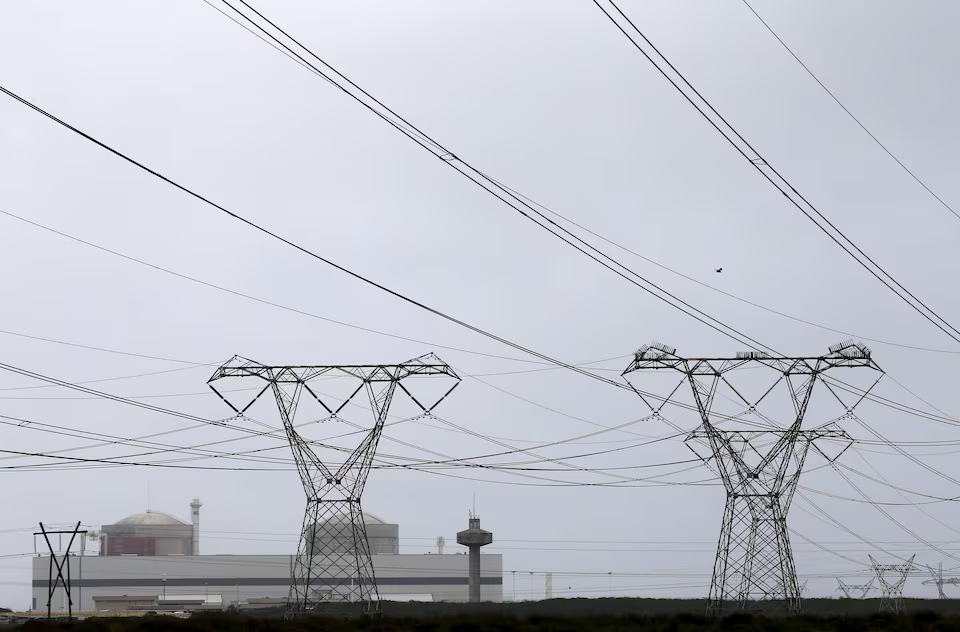Cape Town has asked the nuclear regulator for extra time to decide on Koeberg power plant’s request to operate for 20 more years, as authorities fret over urban space and their ability to respond to a potential nuclear accident, officials said.
For two decades the rapidly growing coastal city of close to five million people has worked with the National Nuclear Regulator (NNR) and state-owned power utility Eskom to manage urban sprawl within the five to 16 km emergency zone around the Koeberg nuclear plant.
This year, as Eskom awaits a decision from the NNR to extend Koeberg’s lifespan, the city is concerned over land use in a key northern development node where housing complexes are mushrooming. Koeberg’s current 40-year license expires in July.
The regulator completed a final round of public hearings on the proposed license extension at Africa’s only nuclear power station on June 8. Broad safety issues at Koeberg, including items raised by the International Atomic Energy Agency (IAEA), topped the agenda for environmental activists and communities.
“We have raised concerns about the long-term impact on the city’s growth potential, and the operational implications which the city has to deal with considering that disaster risk management is a local government mandated responsibility,” Priya Reddy, city spokesperson, told Reuters.
Vast tracts of land the city and private investors bought are “effectively sterilised from development” and unlikely to be used for new neighbourhoods should Koeberg continue operating, Reddy said.
The technologies will enable, still, all of us to enjoy fashion because isn’t that at the end of the day everyone wants to be looking good.
The city did not divulge the operational implications it foresaw in the event of a serious radiation leak, though residents at the hearings cited the evacuation plan and traffic congestion among their fears.
The city, however, defended the safety plan, saying it was updated regularly and followed best international practice.
An NNR spokesperson said they were aware of Cape Town’s request for more time to respond, ahead of its final decision expected by end July or August.
Should Koeberg be allowed to continue operations, the Southern African Faith Communities’ Environment Institute (SAFCEI) warned of court action to overturn its decision.
“The safety issues at Koeberg are that worrying that indeed if the NNR doesn’t do the right thing, we believe it could result in further legal action against the regulator,” said Francesca de Gasparis, executive director at SAFCEI.
A 2022 IAEA report, only released publicly after pressure from activists, flagged several safety issues following inspections at Koeberg.
Among safety defects were cracks and erosion in buildings containing the pressurised water reactors and a dysfunctional monitoring system.
Eskom told Reuters all 14 items mentioned were evaluated and “confirmed that all have been resolved”.
